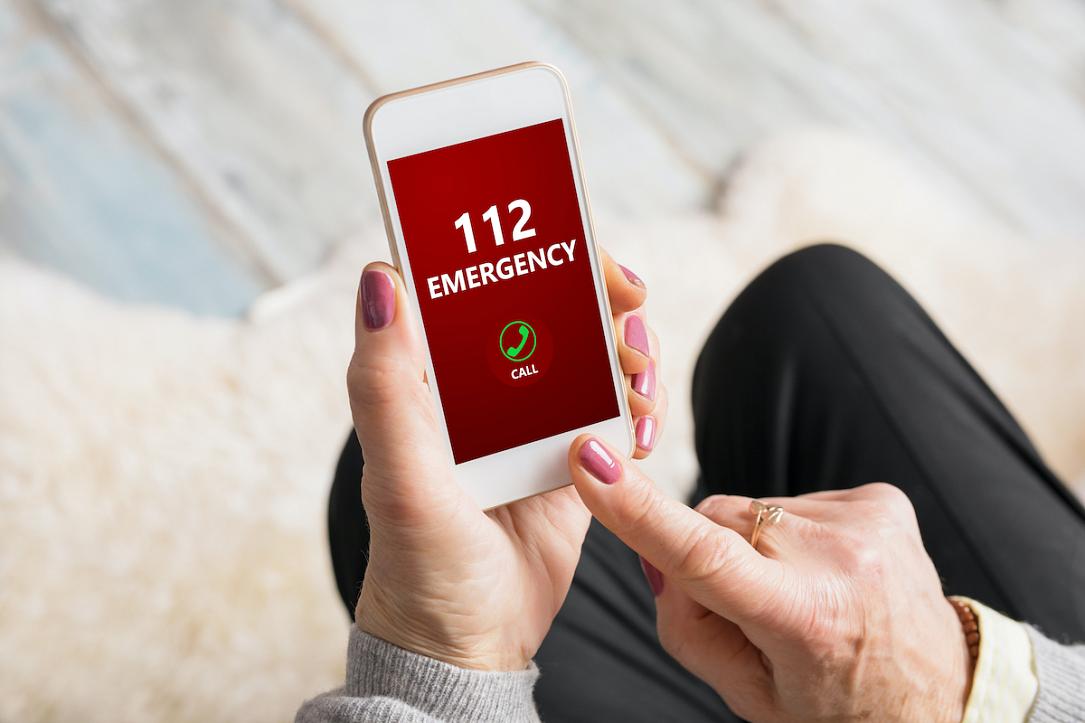Over 42% of 112 calls made in Romania last year were not emergencies, report says



More than 10.2 million calls were made to the 112 single emergency number in Romania last year, but only 57.82% were real emergencies, according to official data released by the Special Telecommunications Service (STS). The rest of 42.18% were non-emergencies, such as requests for information on road traffic or train journeys, taxi orders and food deliveries, or notifications regarding pensions or various state services.
According to the same report, Gorj (64.86%), Mureș (58.03%), and Covasna (55.70%) were the counties with the highest percentage of non-urgent calls (from the total number of calls registered at the respective 112 Center). Meanwhile, the counties with the highest rate of emergency cases were Bucharest-Ilfov (66.41%), Alba (66.24%), and Cluj (66.16%).
Most of the emergency cases that fall under the competence of the 112 service, namely 51.36%, were transferred to the Ambulance. Next were the Police, the emergency rescue service ISU-SMURD, and the Gendarmerie.
The same report, which marks 19 years since the 112 service was established in Romania, revealed that the number of emergency calls in a foreign language increased by 16% compared to the previous year. There were 24,383 such calls in 2022 compared to 20,944 in 2021.
Also, the number of 112 calls in Ukrainian and Russian increased to more than 1,000 in 2022 from less than 50 the year before. One of these calls came from a young Ukrainian woman handed over to human traffickers by her own husband.
“Such a case is that of a 19-year-old woman who came to Romania with her husband - refugees from the war. They crossed the border to Romania, arriving in Tulcea, but the young woman fell into a trap set by her husband: he handed her over to human traffickers. The woman managed to get a mobile phone and call 112. The STS operator understood the urgency of the moment, immediately alerted the responsible authorities and mediated the dialogue in the Ukrainian language between the caller and the representatives of the specialized agencies. Eventually, the young woman was found and rescued,” STS said in its report.
According to the Special Telecommunications Service, each of its 112 operators speaks at least one international language, including English, French, Spanish, Ukrainian, Hungarian, Italian, German, Turkish, Russian, Greek, and Bulgarian.
Also, STS said that it added new features to the Apel 112 mobile application, which can currently be used in Romanian as well as in English, French, German, Hungarian, and Ukrainian.
irina.marica@romania-insider.com
(Photo source: Kaspars Grinvalds | Dreamstime.com)